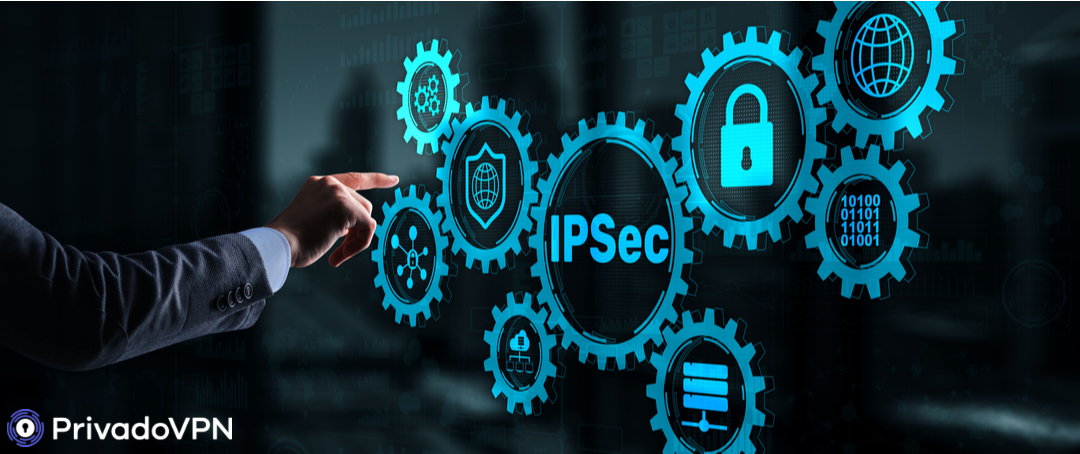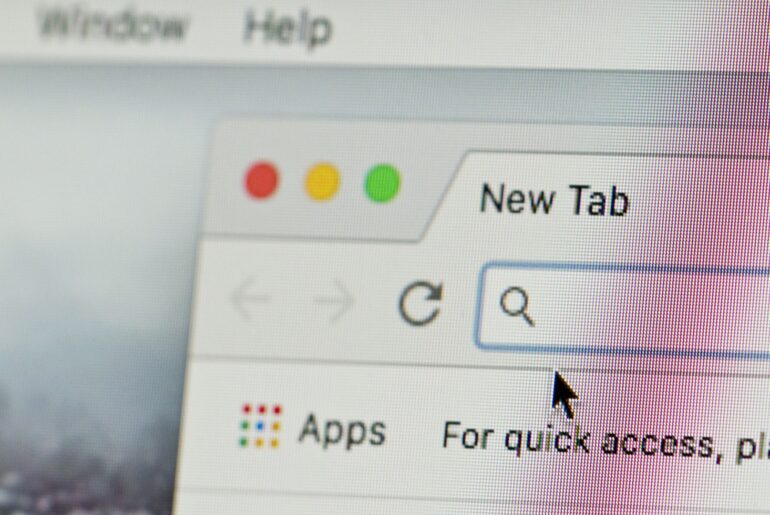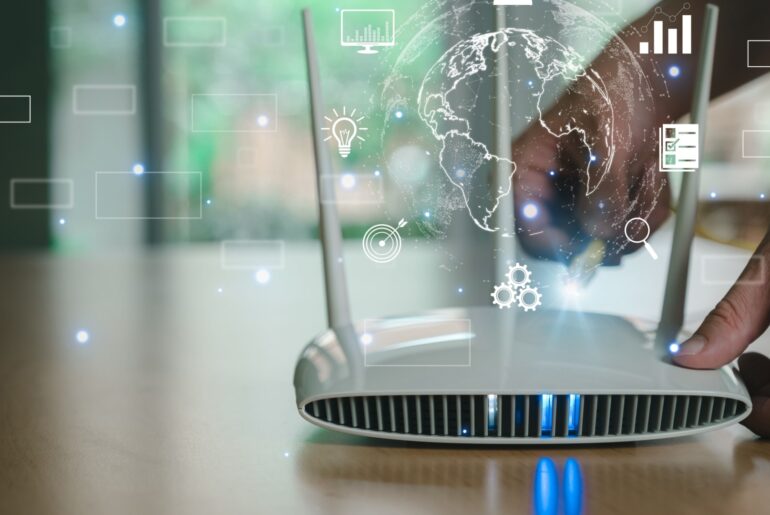You’ve probably seen mentions of “IPSec” online, but you might not understand what it means. Furthermore, you might not know how it affects your network security. You might find yourself asking, “What is IPSec, and does it change how I access the Internet?” The answer is less technical than you think. We’ll help you understand these protocols and why a VPN is the best way to take advantage of IPSec’s benefits.
What is IPSec?
What can often be confusing is that “IPSec” is a part of something else, but also its own thing. It contributes to Internet protocol security but is also a part of the IKEv2 VPN protocol. This protocol handles security for encrypted data sent through a virtual private network (VPN).

IPSec Tunnel Mode: IKEv2 Protocol
IPSec is, at its core, a protocol that attaches to the IKEv2 (Internet key exchange version two) VPN protocol. In fact, the terms are interchange, especially when discussing network security strategy.
There are subtle differences but IKEv2 is basically “IPSec tunnel mode”. It works with a VPN to create an encrypted tunnel to send your Internet data through.
“Internet key exchange” references the network security rules that IKEv2 (through IPSec) uses to trade public keys with another server. This protocol tells servers how to receive encrypted packets during a session and what to do when the data arrives. IPSec is in charge of this security, making sure that the network isn’t compromised. It also helps your Internet connection remain stable, and all of the encrypted data packets get to their destination.
IPSec (and IKEv2) runs on the Diffie-Hellman key exchange. While these names probably mean very little to you, there are no known vulnerabilities to this protocol. The design for this protocol supports fast VPN connections without compromising security.
In this context, IPSec is Internet protocol security made to regulate how your VPN forms the encrypted network between devices. It then ensures that there are appropriate data packet exchanges for a secure connection.
IPSec as a Concept
Like much of the Internet, the idea for IPSec started as a US government experiment to transmit encrypted data packets. You can trace packet encryption back to the 1970s. In 1986, the NSA began sponsoring research into secure network access and a new protocol. This protocol, Security Protocol at Layer 3 (SP3), was built by a public-private partnership. SP3 would eventually become the ISO standard Network Layer Security Protocol (NLSP).
The NSA dropped its sponsorship of these projects in 1991. Other organizations like the Naval Research Laboratory (NRL), Columbia University, and AT&T Bell Labs began building on NLSP. By 1995, the Internet Engineering Task Force joined with various players to standardize openly specified security extensions to IP, known now as IPSec.
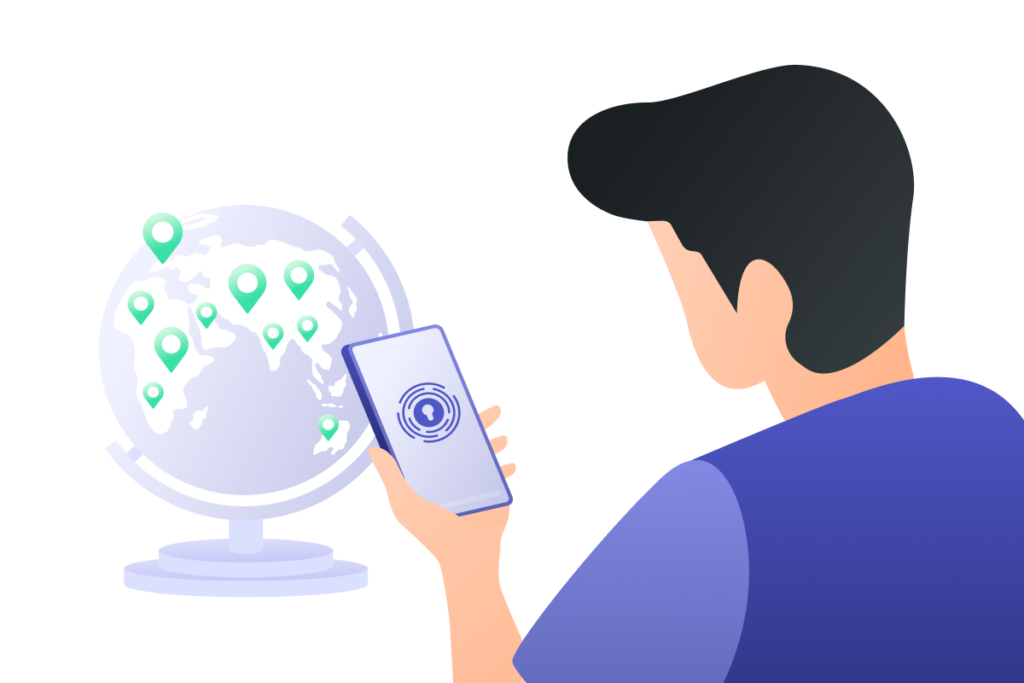
How it Affects VPN and Data Management
IPSec came about just as the Internet was growing in popularity. The World Wide Web had just dropped and dial-up was still the standard way of connecting. This made it easy to safely send data packets between computers without slowing down connections or limiting high-quality security access. Government servers already adopted many of these protocols, which was fine when the protocol in question was solely their province. Now that the general public would also have access to online resources, classified data would need additional security. IPSec filled that need.
VPN
IPSec has become a foundational building block in the growing popularity of VPN services. Without IKEv2 and IPSec, many VPN providers won’t have a fast, secure protocol to offer users. Sure, it’s more secure, but if it slows down your Internet access too much, it can be a hindrance. IPSec made VPN technology flourish and continues to protect millions of systems around the world to this day.
Data Management
As far as data management goes, IPSec revolutionized how we send encrypted data. Rather than requiring systems to check and confirm data packets individually, it sends multiple packets at the same time. This drastically improves speeds while maintaining high levels of security. Network architecture allows packets to be sent through specific channels to reach their intended destination, and IPSec embraces this. The system compares data packets to a checksum on the other end and then requests any missing pieces. This keeps access quick and data secure.
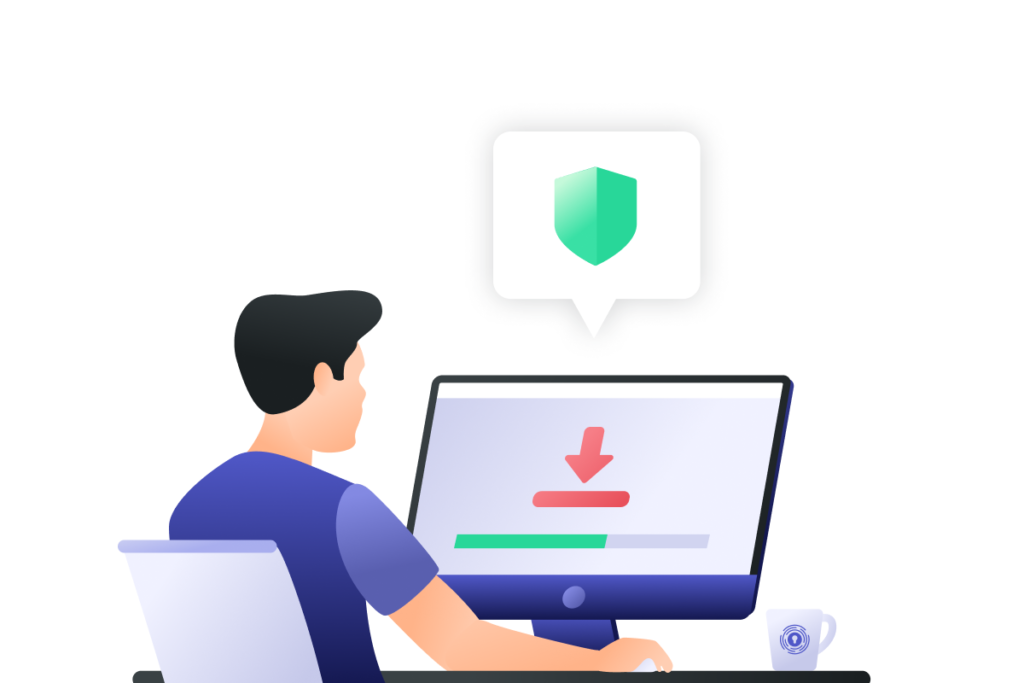
Foundational to the Internet
The fact is that IPSec is a fundamental part of how we use the Internet today. Without it, we don’t know how online security would look or how available it would be to the public. The protocols that look to displace IKEv2 and IPSec owe a lot to the work done on this amazing protocol. IPSec is the glue that holds online security together and will be a boon for many years to come.
If you’re looking to introduce more safety to your Internet connection, PrivadoVPN can help. Sign up for a free VPN account and get access to a true Zero-Log VPN built on Swiss privacy laws. Premium users can use encrypted global servers in 44 countries, unlimited monthly VPN data, and more. Find out why users all over the world love using the reliable PrivadoVPN app on all of their favorite devices.
Get PrivadoVPN Today
Sign up for unlimited VPN data, access to SOCKS5 proxy, and easy-to-use multi-device protection.
Get started with PrivadoVPN now.

